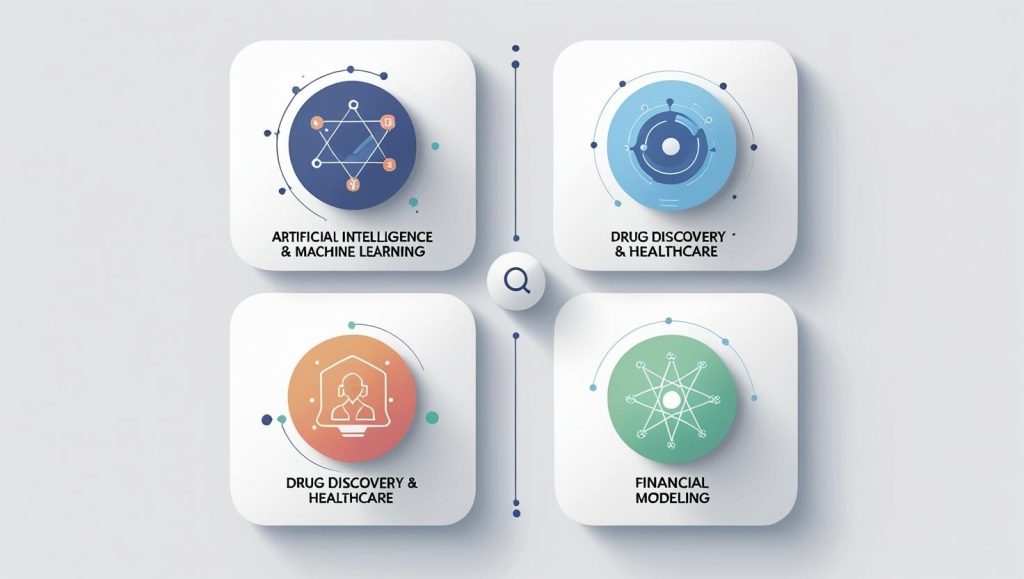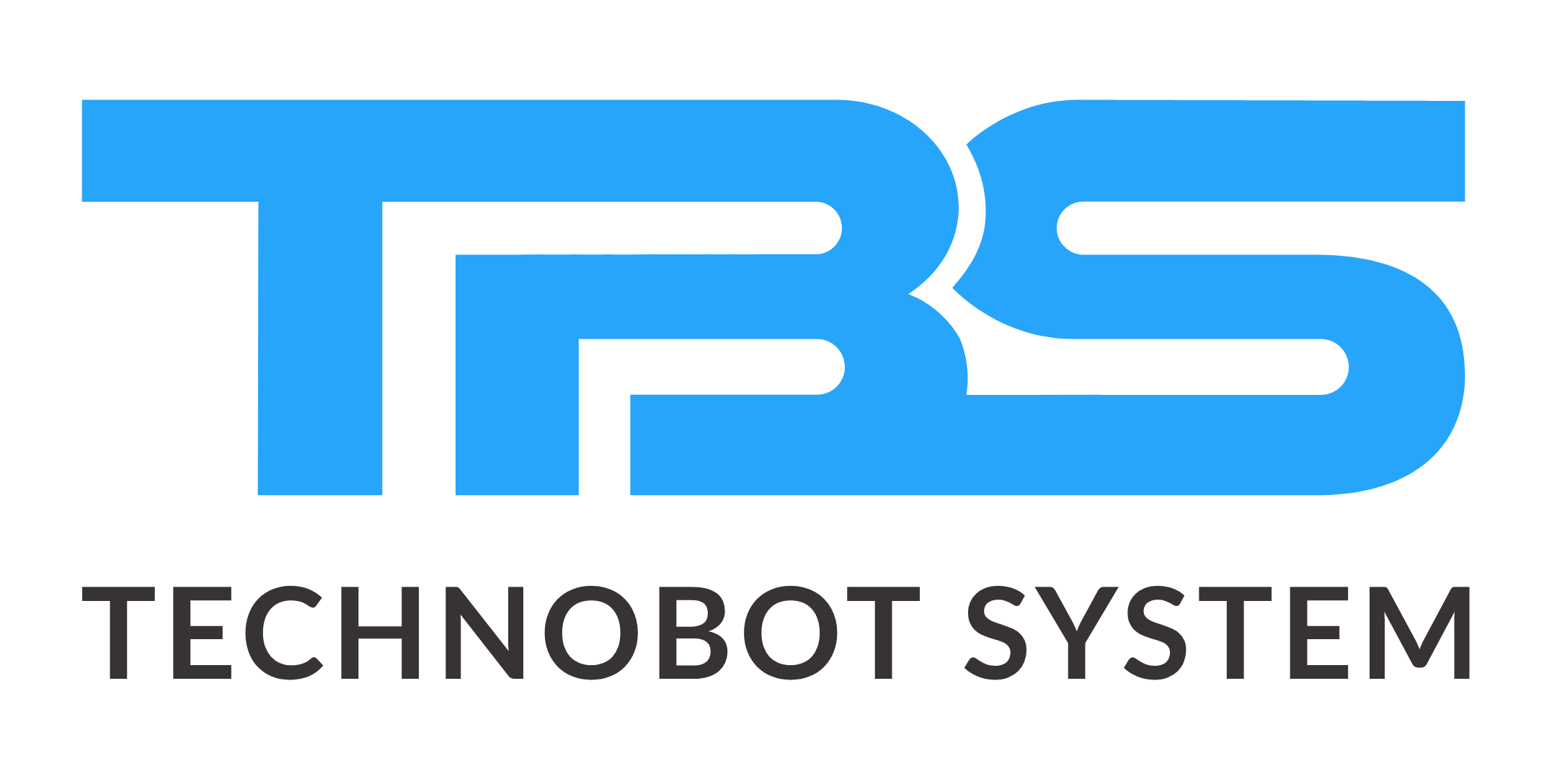Quantum computing is no longer just a buzzword—it’s the next great leap in technology. As we move into an era where classical computing reaches its physical limitations, quantum computers offer a radical new approach. But what does the future of quantum computing hold? How will it reshape industries, and where are we heading? Let’s dive into the innovations, challenges, and revolutionary potential of this emerging technology.
What is Quantum Computing?
Quantum computing harnesses the principles of quantum mechanics—particularly superposition, entanglement, and quantum tunneling—to process information in ways that traditional computers can’t.
How it Differs from Classical Computing
Unlike classical computers that use bits (0 or 1), quantum computers use qubits, which can exist in multiple states at once. This means quantum machines can process complex computations much faster and in parallel.
Why Quantum Computing Matters for the Future
As we collect massive volumes of data and encounter increasingly complex problems, traditional systems are hitting performance bottlenecks. This is where the future of quantum computing becomes essential.
Real-World Applications to Watch

- Artificial Intelligence & Machine Learning
Quantum algorithms could accelerate learning models, enabling more accurate predictions and faster processing.
🔗 AI in Software Development - Cybersecurity
Quantum computing can both break current encryption standards and create quantum-resistant encryption.
🔗 IBM Quantum-safe Cryptography - Drug Discovery & Healthcare
It can simulate molecular structures with unmatched precision, speeding up vaccine and drug development. - Financial Modeling
Banks and hedge funds are investing in quantum systems for real-time portfolio analysis and fraud detection.
Leading Companies and Countries in Quantum Race
The global race toward quantum dominance is intensifying.
Top Players to Know
- IBM Quantum – Open-access platform via IBM Q Experience
- Google – Achieved “Quantum Supremacy” in 2019
- Intel & Microsoft – Developing scalable quantum processors
- China & USA – Major government-backed initiatives for national security and tech supremacy
The Challenges Ahead
Despite its potential, quantum computing is still in its early stages. Some of the key challenges include:
- Hardware Stability – Qubits are extremely sensitive to environmental noise.
- Error Correction – Quantum systems currently struggle with error rates.
- Scalability – Building systems with hundreds or thousands of qubits remains difficult.
- Skilled Talent Gap – Few professionals are trained in quantum programming.
When Will Quantum Computing Become Mainstream?
It’s important to set realistic expectations. While quantum computing shows incredible promise, most experts agree that practical, scalable quantum systems may take another 5–10 years to materialize for commercial use.
What Needs to Happen First?
- Hardware Innovation
- Industry Collaboration
- Quantum Cloud Services
- Quantum Software Development Kits (SDKs)
Preparing for the Quantum Future
What Businesses Should Do Today
- Invest in Quantum Research
- Collaborate with Quantum Startups
- Train Staff on Quantum Concepts
- Start Building Quantum-Ready Algorithms
➡️ Microsoft Quantum Development Kit
Conclusion: A Quantum Revolution Awaits
In conclusion, the future of quantum computing holds transformative power across every sector of society. From cracking today’s toughest problems to creating entirely new industries, this is not just evolution—it’s a revolution. Now is the time for tech leaders, educators, and enterprises to act. Because those who adapt early will lead the next digital frontier.

